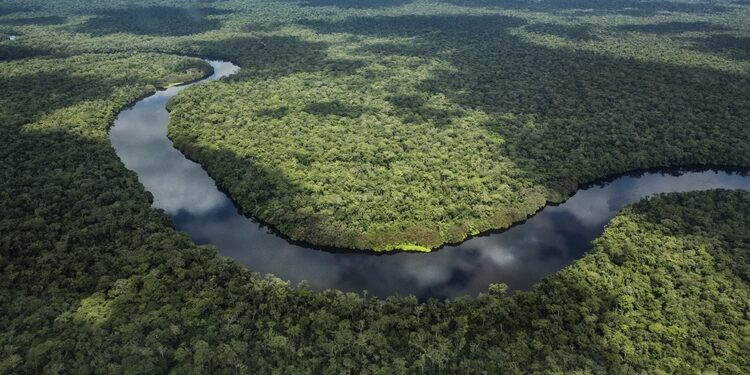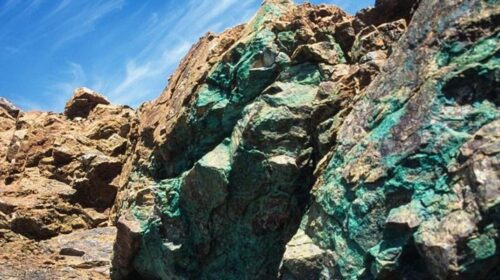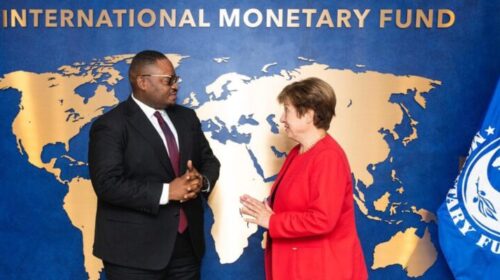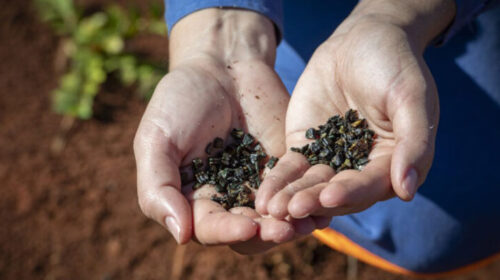Gas blocks in the DRC: Greenpeace worries about a “rushed process”
The environmental NGO Greenpeace Africa, which opposes the exploitation of hydrocarbons in the DR Congo, expressed concern on Thursday evening about the “rush” with which Kinshasa wants, according to it, to start the exploration of the gas from Lake Kivu, in the east of the country.
The Congolese government proceeded Wednesday to the counting of the candidatures of a dozen companies and consortia which expressed their interest for three blocks of methane gas identified in this lake, on the border between the DRC and Rwanda.
The Minister of Hydrocarbons, Didier Budimbu, said he was aiming for a “signature of production sharing contracts by the end of October”.
This delay “goes against the verification procedure required by Congolese law”, protested Greenpeace Africa in a press release.
“The law provides for a long process of evaluation and verification after the receipt of the first expressions of interest and the submission of offers”, specifies in the text Irène Wabiwa, international manager of the campaign for the Congo Basin forests at Greenpeace. Africa.
“Getting these requirements right in just two weeks is mission impossible,” she said.
According to the official, “a rushed process is an open invitation to plunder the Congolese people and the ecosystems on which they depend, while rapidly enriching an ecocidal elite”.
The call for tenders for the three gas blocks was launched at the end of July, at the same time as for 27 oil blocks. The submission of applications for the latter continues until January 29.
Mr. Budimbu assured Wednesday that the bidding process would remain “public, transparent, impartial and competitive” and that “no act of corruption would be tolerated”.
As with the oil blocks, Greenpeace laments that “no strategic environmental assessment of the decision to auction the oil and gas rights has been carried out to date, as required by Congolese law”.
“Three of the ministry’s calls for tenders, including that concerning the Kivu blocks, contain glaring procedural anomalies”, assures the NGO.
The DRC government assures that it will ensure respect for the environment, but its oil and gas projects are strongly criticized, in particular by Greenpeace, which has been warning for several months against the catastrophic consequences it could have on communities, biodiversity and the climate, particularly affecting a forest complex rich in peat bogs.
![]()





